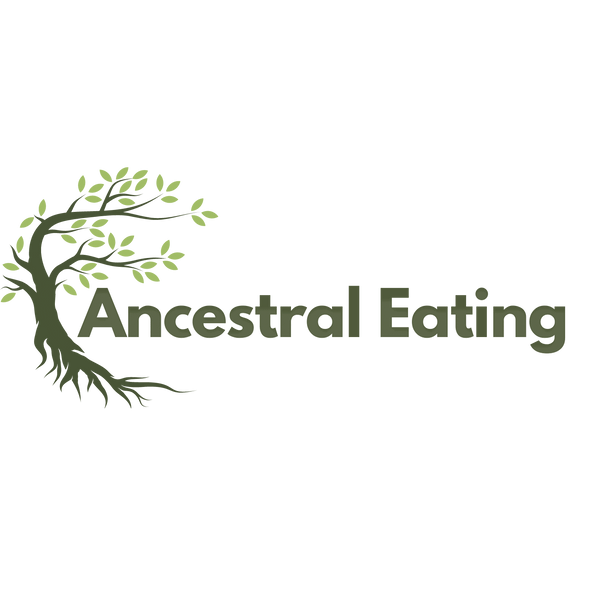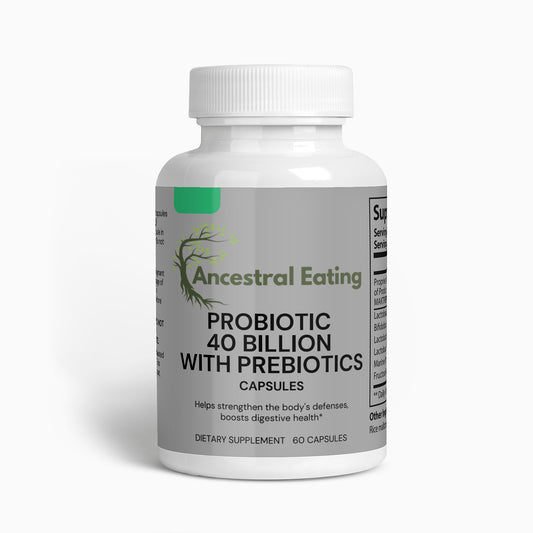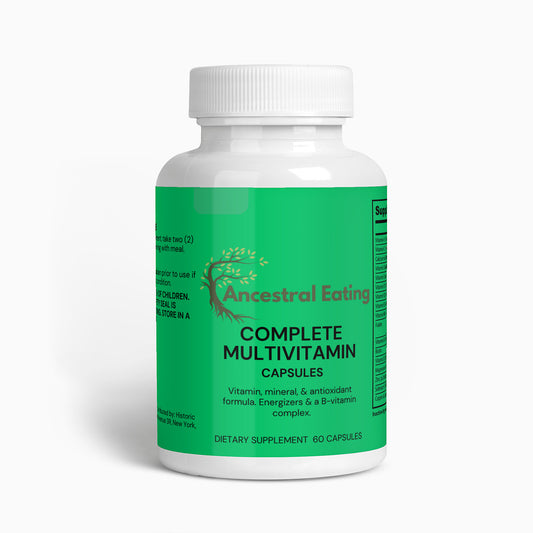The diet of Icelanders has undergone significant changes over the last 500 years, but it has always been heavily influenced by the island's geographic isolation and harsh climate. Traditional foods were geared towards long-term storage and survival during the unforgiving winters. Here's a look at some key elements and how they have evolved over time.
Traditional Foods:
- Fish: As an island nation, Iceland has abundant seafood. Dried fish, known as "hardfiskur," has long been a staple.
- Lamb: Sheep farming is common in Iceland, and lamb is a major part of the diet. Smoked lamb, known as "hangikjöt," is particularly popular.
- Dairy: Skyr, a type of cultured dairy product similar to yogurt, has been consumed for centuries.
- Root Vegetables: Potatoes, turnips, and carrots are common due to the limited growing season.
- Game: Birds like puffin and guillemot were traditionally hunted for food.
Fermented and Preserved Foods:
- Hákarl: Fermented shark meat, considered a delicacy.
- Súrmjólk: Soured milk, often consumed as a drink or used in cooking.
- Pickled ram's testicles: Known as "hrútspungar," these are considered a traditional dish.
Modern Influences:
- Imports: With modern transportation, a wider variety of foods like fruits, vegetables, and grains are now available.
- Fast Food: Like many Western nations, fast food has become increasingly popular in Iceland.
Unique Foods:
- Minnismerki: A type of bread that is traditionally baked in the ground using geothermal heat.
- Blood pudding: Known as "slátur," it's a type of sausage made from sheep's blood.
Sweets and Desserts:
- Kleinur: Icelandic doughnuts, deep-fried and often flavored with cardamom.
- Ice Cream: Despite the cold climate, ice cream is extremely popular in Iceland.
Beverages:
- Coffee: Icelanders are one of the largest consumers of coffee per capita in the world.
- Brennivín: A type of schnapps made from fermented grain or potato mash and flavored with caraway.
- Beer: Interestingly, beer was banned in Iceland until 1989. Since the ban was lifted, beer has become increasingly popular.
Special Occasion Foods:
- Þorramatur: A selection of traditional foods consumed during the winter festival of Þorrablót, including hákarl, pickled testicles, and boiled sheep's head.
It's worth noting that in recent years, there's been a resurgence in interest in traditional foods and cooking methods, albeit often with a modern twist. While globalization has brought a range of new foods and flavors to Iceland, traditional dishes remain an important part of the country's culinary identity.






